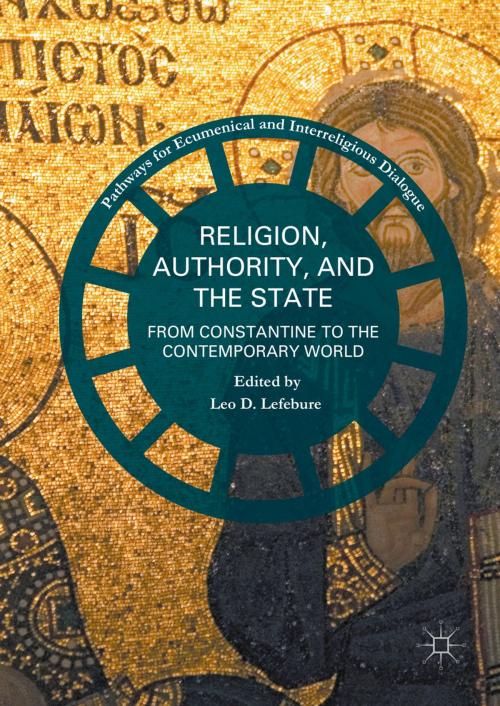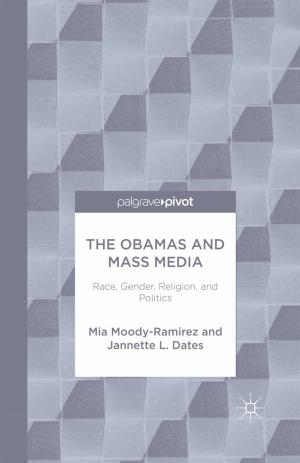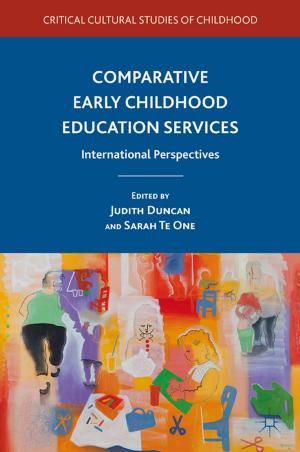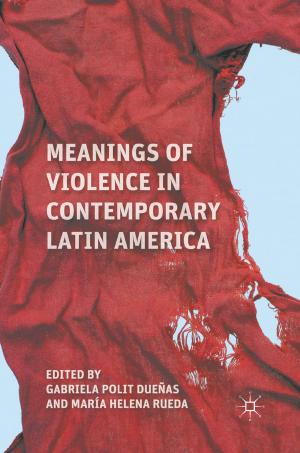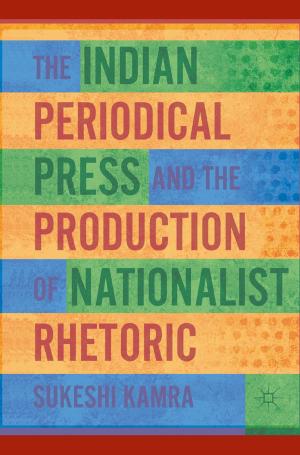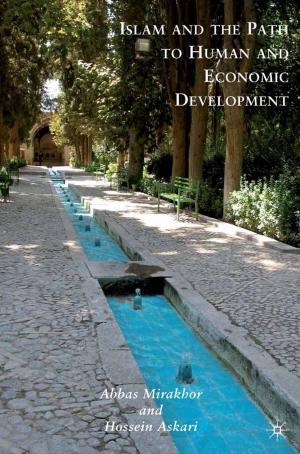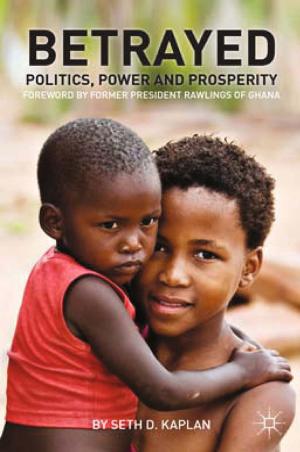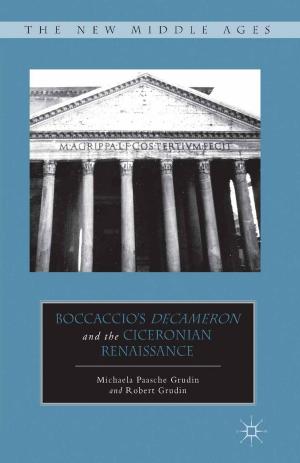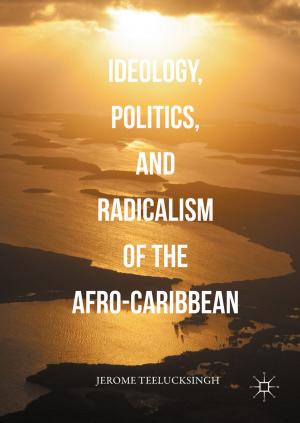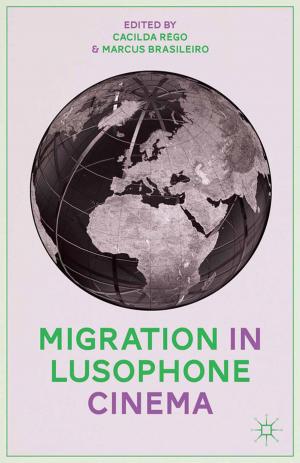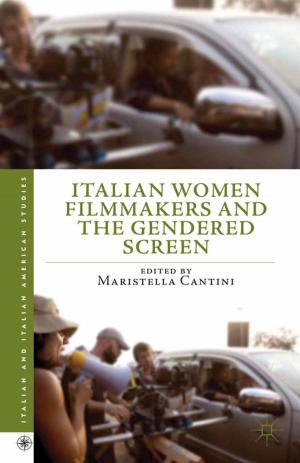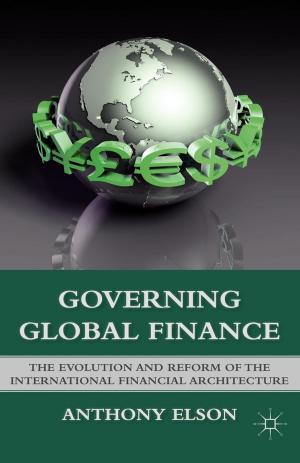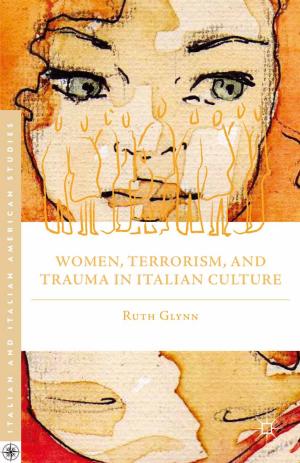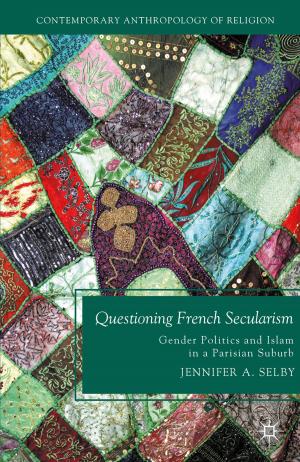Religion, Authority, and the State
From Constantine to the Contemporary World
Nonfiction, Social & Cultural Studies, Social Science, Sociology, Marriage & Family, Religion & Spirituality, Christianity, General Christianity| Author: | ISBN: | 9781137599902 | |
| Publisher: | Palgrave Macmillan US | Publication: | August 3, 2016 |
| Imprint: | Palgrave Macmillan | Language: | English |
| Author: | |
| ISBN: | 9781137599902 |
| Publisher: | Palgrave Macmillan US |
| Publication: | August 3, 2016 |
| Imprint: | Palgrave Macmillan |
| Language: | English |
In commemoration of Constantine’s grant of freedom of religion to Christians, this wide-ranging volume examines the ambiguous legacy of this emperor in relation to the present world, discussing the perennial challenges of relations between religions and governments. The authors examine the new global ecumenical movement inspired by Pentecostals, the role of religion in the Irish Easter rebellion against the British, and the relation between religious freedom and government in the United States. Other essays debate the relation of Islam to the violence in Nigeria, the place of the family in church-state relations in the Philippines, the role of confessional identity in the political struggles in the Balkans, and the construction of Slavophile identity in nineteenth-century Russian Orthodox political theology. The volume also investigates the contrast between written constitutions and actual practice in the relations between governments and religions in Australia, Indonesia, and Egypt. The case studies and surveys illuminate both specific contexts and also widespread currents in religion-state relations across the world.
In commemoration of Constantine’s grant of freedom of religion to Christians, this wide-ranging volume examines the ambiguous legacy of this emperor in relation to the present world, discussing the perennial challenges of relations between religions and governments. The authors examine the new global ecumenical movement inspired by Pentecostals, the role of religion in the Irish Easter rebellion against the British, and the relation between religious freedom and government in the United States. Other essays debate the relation of Islam to the violence in Nigeria, the place of the family in church-state relations in the Philippines, the role of confessional identity in the political struggles in the Balkans, and the construction of Slavophile identity in nineteenth-century Russian Orthodox political theology. The volume also investigates the contrast between written constitutions and actual practice in the relations between governments and religions in Australia, Indonesia, and Egypt. The case studies and surveys illuminate both specific contexts and also widespread currents in religion-state relations across the world.
